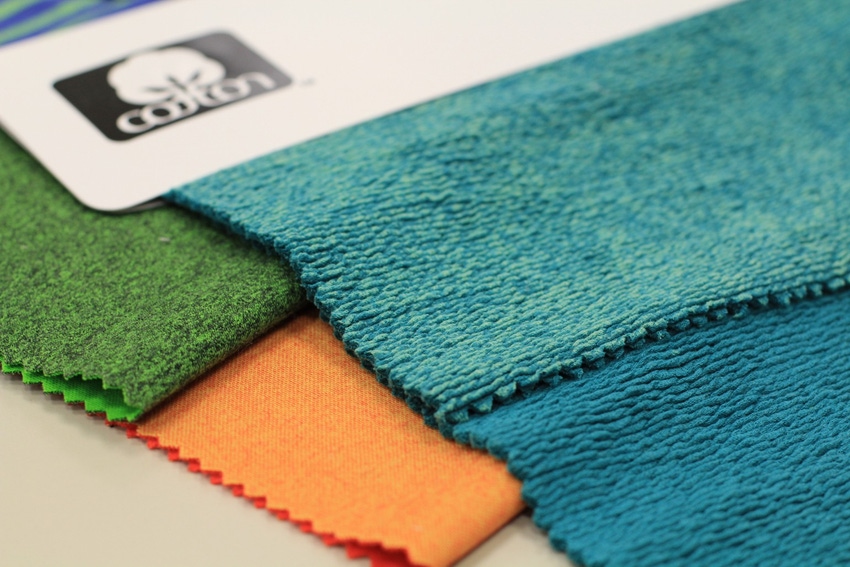
In many ways, polyester is the Rodney Dangerfield of fibers: It gets no respect. And that is certainly good news for cotton farmers.
As a natural fiber, cotton certainly is more Earth-friendly than synthetics — this has always been cotton’s strong suit. Still, ever since synthetics entered the market in a big way during the 1970s, the challenge has been to convince the textile trade and consumers to turn to cotton rather than synthetics.
In a Sept. 29 Cotton & Coffee webinar put on by the Cotton Board, Berrye Worsham, president and CEO of Cotton Incorporated, pointed out that consumers already believe cotton is the most sustainable fiber for the environment.
According to Cotton Council International’s and Cotton Incorporated’s 2018 Global Lifestyle Monitor, 90% of consumers believe cotton is safe for the environment, compared to 86% for silk and wool; 53% for rayon; 46%for nylon and 45% for polyester.
Moreover, Worsham pointed to the microplastics and fiber degradation issue as a positive for cotton and a big negative for polyester. Worsham noted that all textile products shed, and those fibers enter the waterways and make their way into the ocean.
Research conducted by North Carolina State University for Cotton Incorporated shows that cotton degrades faster than polyester in all aquatic environments. The research reveals that 92% of cotton fibers degraded over 33 days in wastewater, compared to just six percent for polyester. In fresh water over 33 days, cotton degraded at 79% compared to zero percent for polyester. In saltwater over 33 days, cotton degraded at 48%, compared to four percent for polyester.
“If you think about fibers making their way into the waterways, cotton has a much better story to tell. Cotton is cellulose and most likely it’s gone. In some cases, if it’s not gone, it does not present a hazard. There is no evidence to suggest a cellulosic fiber in the water is going to be a problem,” Worsham, said noting that the growing amount of plastics in the oceans is a problem for synthetic fibers such as polyester.
“Cotton degrades. Synthetics don’t. This is a growing problem for the polyesters of the world. Cotton has a good story to tell so we want to continue the research there. We will stay engaged with the sustainability organizations. They have influence over brands and retailers,” Worsham said.
Consumers need to be aware of cotton’s success as the most sustainable fiber, and they need to act accordingly and buy cotton products rather than the less Earth-friendly synthetics. Building demand for cotton over polyester and other synthetic fibers is the best way to bring cotton prices from the doldrums
About the Author(s)
You May Also Like






